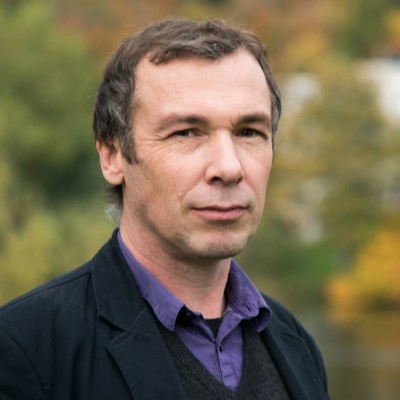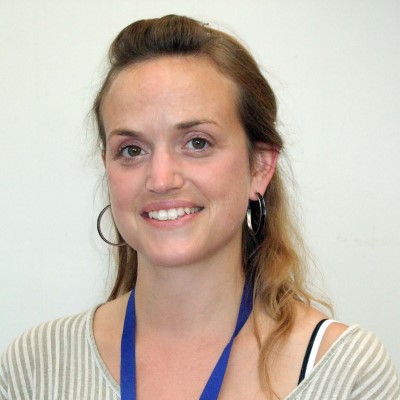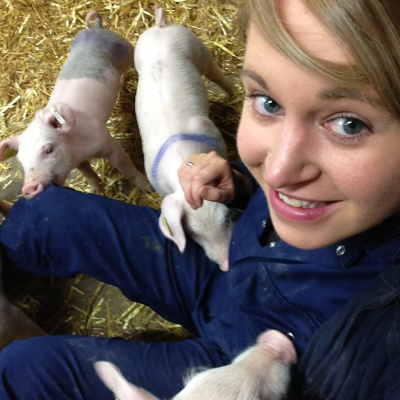CIEL | Meet the Scientist
Professor Hermine Mkrtchyan
Professor of Microbiology and Head of Research

Professor Hermine Mkrtchyan has substantial expertise in bacterial resistomes and global dissemination of antimicrobial resistance and its transmission between humans, livestock and environmental microbiomes. She is based within the School of Biomedical Sciences, University of West London, one of CIEL’s Associate Members.
What projects are you currently working on?
Currently, I am leading three major projects: the first one is an international collaboration that is looking at the impact of the burden of methicillin resistant staphylococci on livestock farming aiming to implement a holistic whole genome sequencing surveillance in livestock and farm environments to improve our understanding of transmission of methicillin resistant staphylococci and most importantly to implement appropriate hygiene practices.
The second project aims to capture the taxonomic composition of the indoor microbiomes and resolve specific genetic features which characterise a microbe, such as antibiotic resistance features, as well as other virulence factors.
The third project is focused on comparative genomics analysis of environmental bacteria recovered from general public settings and those recovered from human and livestock. The findings led to the development of a holistic approach (comprehensive biosecurity programme) that will allow to manage infections, optimize animal welfare and productivity, and ensure food safety across the food chain.
What capability are you drawing on to deliver your research?
During my career as a scientist (and academic) I have been lucky enough to work on various projects that involved techniques spanning from mass spectrometry, molecular biology, microbiology to microbial genomics/metagenomics combined with social sciences. These projects aid to understand how the use of the state-of-the-art (i.e. high resolution and sensitivity) technology could improve public health, animal welfare, food security, have a positive change on the environment and/or prompt a policy change.
My laboratory at the School of Biomedical Sciences, UWL (University of West London) is equipped with cutting edge equipment and sequencing technologies to underpin any microbiology, molecular biology, and genomics work and promote new innovations in the field.
What would be your ideal research project assuming no barriers to resources?
Although hard to prioritise, my ideal project would be to investigate the potential of a comprehensive biosecurity programme – which I have been working on – in the food industry.
The programme will allow implementing evidence-based solutions that ensure food safety across the entire food chain to reduce microbiological hazards and risks faced by consumers, workers, livestock, poultry, or the natural environment, while also reducing use of antibiotics.
How did you arrive at doing what you do now?
Combining these factors, I adapted an interdisciplinary approach to tackle one of the most important global threats (antimicrobial resistance) and preserve the effectiveness of antibiotics which is important for human health. These led to my current (and future) research plans which aim to address challenges that require concrete global actions to develop healthy environments, sustainable livestock and improve food safety.
How could your work benefit CIEL Members?
CIEL and many of its Members are major contributors to the mission of reducing antimicrobial resistance. The comprehensive biosecurity programme offers the potential to transform the food safety management systems across the food chain, meanwhile contributing to the reduction of the use of antibiotics and (consequently) antimicrobial resistance. Collaborating with businesses will enable us to apply the new programme to a considerable variety of microbiological hazards and improve quality of food for public good.
Find out more about our Associate Research Member, University of West London.







